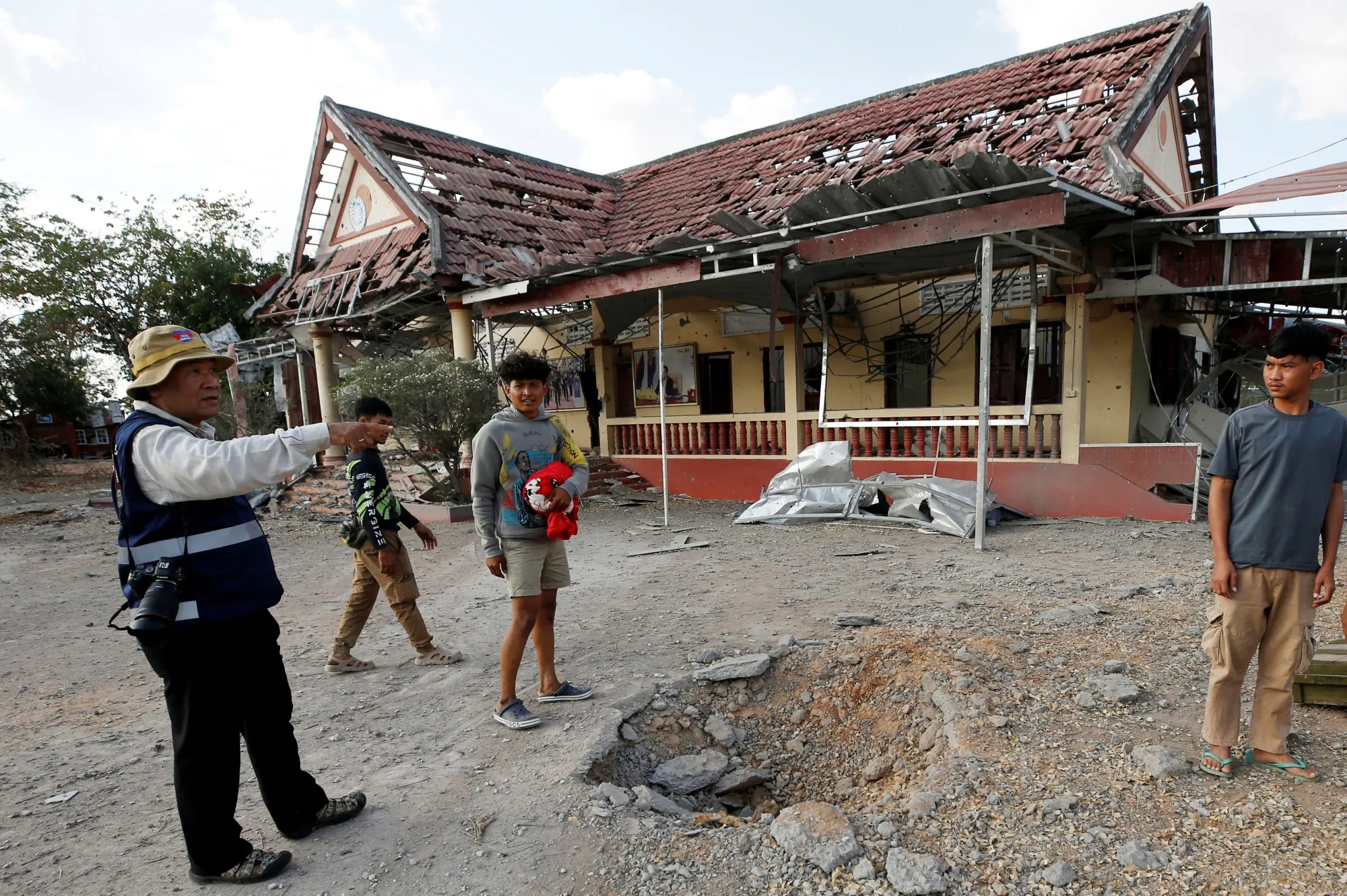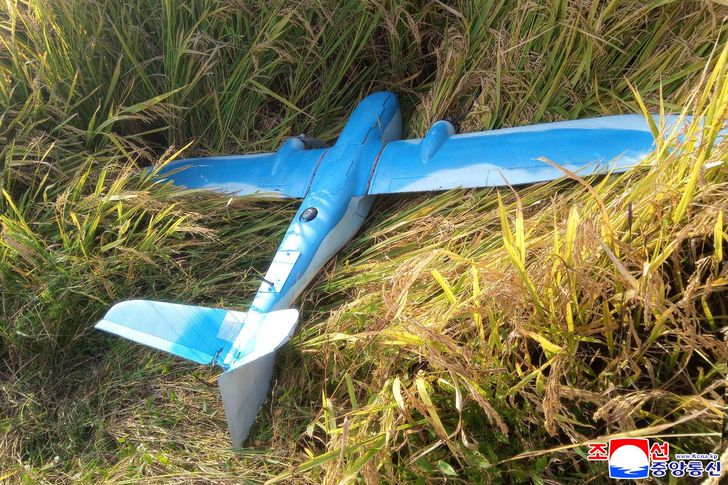Oil shipments to Hungary and Slovakia via the Druzhba pipeline have resumed, officials from both countries confirmed late Tuesday, following a temporary halt caused by a Ukrainian drone strike on an oil pumping station in Russia’s Tambov region.
The attack was part of a broader Ukrainian effort to target Russia’s energy infrastructure, a critical source of revenue for Moscow’s war effort. Oil and gas sales make up roughly a quarter of Russia’s state budget, making such strikes strategically significant.
Despite broader EU efforts to reduce reliance on Russian energy, Slovakia and neighboring Hungary have remained dependent on crude supplied through the Druzhba pipeline. The temporary disruption briefly raised concerns about potential supply shortfalls, though both governments reported minimal impact.
“The flow of oil to Slovakia is currently standard,” Slovak Economy Minister Denisa Sakova said in a statement. She added that authorities would monitor the situation closely in the coming days to determine whether any adjustments to the supply schedule would be necessary. “However, I believe that given the rapid resumption of flow through the Druzhba pipeline, the impact will be minimal,” Sakova said.
Read Also: Spain Battles Raging Wildfires As Heatwave Finally Eases
Hungary also confirmed the resumption of oil flows. Hungarian Foreign Minister Peter Szijjarto wrote on Facebook that he had thanked Russian Deputy Energy Minister Pavel Sorokin for quickly rectifying the damages caused by the attack. MOL, Hungary’s largest oil company, confirmed via email that fuel production had not been disrupted during the temporary shutdown.
The Druzhba pipeline, built during the Soviet era, has been a frequent target in the ongoing conflict. Oil shipments through the route were temporarily suspended in March following a similar Ukrainian strike on a metering station. Analysts note that such incidents underscore the vulnerability of Russian energy infrastructure amid the war, even as Moscow seeks to maintain steady exports to its European partners.
For Slovakia and Hungary, the swift restoration of oil flows provides temporary relief, ensuring that refineries and domestic fuel supplies remain stable. However, the incident highlights the broader geopolitical risks associated with continued dependence on Russian energy, especially during a period of heightened tensions in Eastern Europe.










